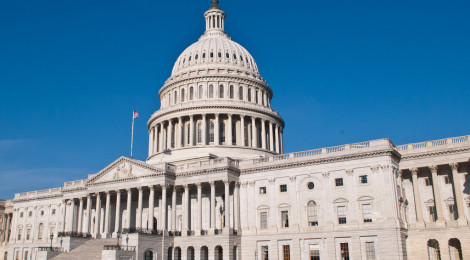V/R
Dave

POLITICS AND THE AMERICAN WAY OF WAR (AND STRATEGY)
October 15, 2013 · in Commentary and Analysis
What makes a good strategy? One of the U.S. Army’s most distinguished scholars, Tony Echevarria, Jr., recently questioned the way we conceptualize and teach strategy. In an op-ed entitled “Is Strategy Really a Lost Art?” he noted:
Echevarria’s spot-on commentary is critical to enhancing our conceptions of strategy making and implementation. Far too often, American strategists, particularly those in uniform, think of strategy as a product of doctrinal process or formulaic conceptions in the physical domains. In doing so, they ignore the influence (much less the near primacy) of politics.
Colin Gray notes that strategies exist to support the attainment of “policy as determined by politics.” This is a lucid definition of national strategy, because it acknowledges that politics are infused in policy, and influence strategy as well. Any good Clausewitzian must accept that politics does more than intrude in strategy and war. Domestic party agendas, bureaucratic seams, competing economic and political interests, and the media all play a part in policy formulation, among many others. Strategists cannot escape the role of democratic politics in the formulation and conduct of strategy.
However, American strategic culture, including its form of government, makes strategy particularly complicated. Our policymaking community must “craft and implement national strategy within a political system in which power is shared, authority is fragmented, and strategic consensus only rarely achieved.” This two-decade old assessment from David Jablonsky is especially poignant given recent events in our nation’s capital.
This is a complication, but it should not be an excuse for artificially trying to isolate politics from policy and strategy development. No true Clausewitzian would or should accept that. Yet as General David H. Petraeus wrote in his Princeton dissertation, “Though most military officers quote flawlessly Clausewitz’ dictum that war is a continuation of politics by other means, many do not appear to accept fully the implications of his logic.”
Petraeus is correct: many who profess adherence to the great Prussian’s creed often overlook the implications of his most profound observations. As Sir Lawrence Freedman notes, one finds among American military thinking that “politics is often treated [by]…military theory as an awkward exogenous factor, at best a necessary inconvenience and at worst a source of weakness and constraint.”
As Freedman suggests, the U.S. military has displayed a historical aversion to both policy and politics, especially its domestic aspects. During World War II, General Marshall chaffed at Presidential guidance that shaped operations in North Africa that he felt were framed by U.S. electoral cycles. In Operation Just Cause, American planners failed to appreciate the political conditions for establishing a legitimate government once Noreiga was taken down.
But strategy is spawned at the nexus of politics, intelligence and constraints - something that should be obvious to any disciple of Clausewitz. This aversion to politics breaks Gray’s proverbial “strategy bridge.” The strategist, who serves as bridge between policy goals and military ways and means, must accept the historical fact that purely military or rational methods are not the norm in crafting strategy. Strategies are iterative, whereas policy creation is usually the product of negotiation and compromise. And these compromises are hammered out in the discourse and dialogues of councils of war – in other words, in the realm of politics. Military strategists cannot escape this by withdrawing into what Oxford University Professor Hew Strachan has identified as the American military culture’s embrace of the operational level and a “politics-free” mindset.
(Continued at the link below)
No comments:
Post a Comment